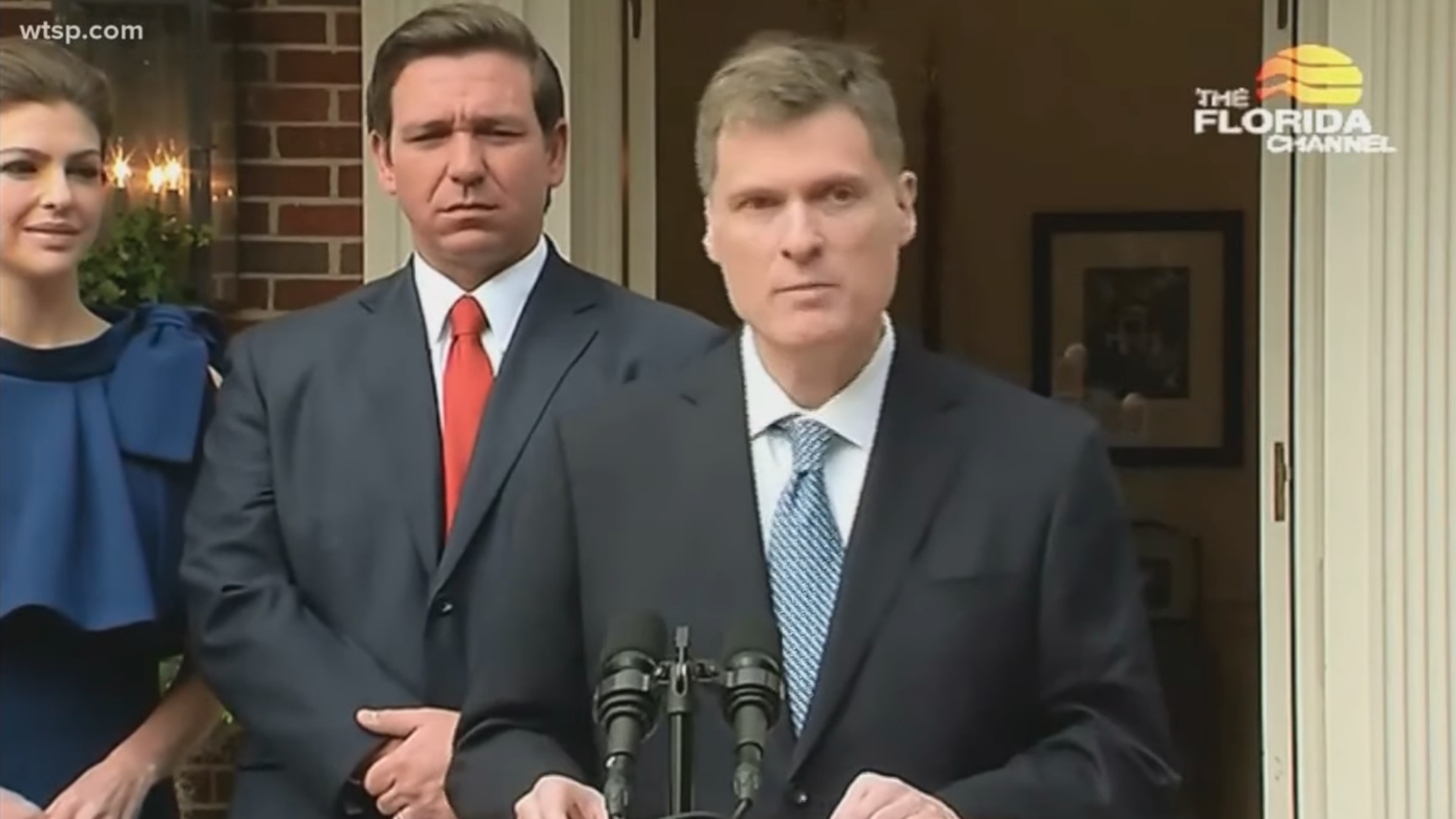Anti-Choice Lawmakers Keep Exposing Republican Supreme Court Justices As Bad Liars
Balls and Strikes
When the Supreme Court overturned
Roe v. Wade in 2022, rescinding the constitutional right to abortion care after nearly fifty years, the five justices in the majority insisted that their motives were noble. In his opinion in
Dobbs v. Jackson Women’s Health Organization, Justice Samuel Alito wrote that the decision would empower “the people and their elected representatives,” and allow “women on both sides of the abortion issue” to “affect the legislative process.”
Conservative government officials, however, appear to have missed that memo.
In Florida, nearly one million voters have signed a petition to get a proposal on the fall 2024 ballot to protect abortion rights under the state constitution. But the state’s Republican Attorney General has asked the state’s supreme court to keep the proposed amendment off the ballot. And when the Florida Supreme Court heard oral argument on February 7, Chief Justice Carlos Muñiz repeatedly suggested that “the unborn”—a fetus, an embryo, or even a zygote—could be a “person” with equal and unalienable rights under law, thus creating a conflict with the proposed amendment.
Neither party before the court briefed such an argument. But the Florida constitution declares that “all natural persons are equal before the law,” which Muñiz thought was ambiguous. “I don’t know that I could affirmatively say that the term ‘natural person,’ as a matter of just ordinary meaning, doesn’t include the unborn,” he said.
Muñiz was speaking the language of “fetal personhood,” the next frontier in the anti-choice movement. As Lisa Needham has explained, its adoption anywhere would have catastrophic consequences. Under this theory, championed by conservative legal movement darlings like Jonathan Mitchell and the Heritage Foundation, fertilized eggs would suddenly have Fourteenth Amendment rights. Women’s behavior would become subject to all kinds of legal limitations to guard against potential “endangerment” of the “person” that might otherwise grow inside them.
 Muñiz shortly after Governor Ron DeSantis announced his appointment to the Florida Supreme Court, 2019 (Screencap via YouTube)
Muñiz shortly after Governor Ron DeSantis announced his appointment to the Florida Supreme Court, 2019 (Screencap via YouTube)
